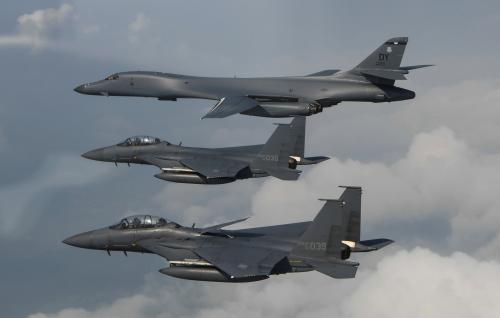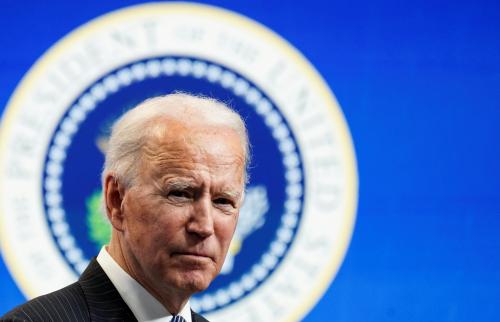While not surprising, the message of President Obama’s speech was clear: the war in Afghanistan is in the liquidation phase as far as the United States is concerned. Although the number of troops being withdrawn this year—10,000—is not as large as some proponents of the counterterrorism-only, off-shore approach have advocated, the force reduction will be felt and could weaken progress that has been achieved. Perhaps even more important, however, than the troop reduction was the larger message of the speech: the United States has done enough in and for Afghanistan, we have secured our objective of degrading al Qaeda’s capacity and appeal, the Afghans now need to step up to the plate. We are on our way out, they now have to take responsibility for the future of their country.
The speech was rather unequivocal. It did not condition transition on the ground situation in Afghanistan; it did not indicate flexibility in the withdrawal schedule. The message was unmistakably, “Now Afghanistan is in the hands of the Afghans, even as we will continue to assist them in some ways while we are withdrawing our forces and beyond.”
Of course, the current state of Afghan politics—with ethnic tensions high and deep fissures in the country between the population and the Taliban, the various warlords cum government officials and the population, and the country’s elites—do not encourage strong confidence that the Afghans will be capable of managing the transition well and arriving at a form of governance that could prevent both civil war, the Taliban’s entrenchment and terrorism. The government of President Karzai needs to radically alter much of its predatory and corrupt behavior. Incoming U.S. Ambassador to Afghanistan Ryan Crocker will have a tall order to persuade him that the United States is still a trusted ally for his government and, critically, to steer him from his current definition of governance as a narrow patronage network to a sustainable governance satisfactory for the Afghan people.
While President Obama did indicate that safehavens for terrorism will not be tolerated by the United States either in Afghanistan or in Pakistan, he also clearly indicated that such threats can be effectively dealt with from air and off-shore methods. Such a reconceptualization represents a victory for those who have advocated a limited counterterorrism approach as opposed to a state-building, counterinsurgency approach. The limited approach, however, gives Afghans far less of a stake in embracing the difficult undertaking and coming together as a nation. The myriad of certainties are likely to encourage, instead, a dangerous hedging policy of seeking to accumulate as much as money and power as quickly as possible before it all comes down.
In many ways, President Obama’s speech was remarkably short and hardly a pep talk to build support at home for the effort in Afghanistan. Instead, it resembled a mini State of the Union speech, outlining difficult trade-offs between U.S. domestic concerns and strategic objectives abroad, and coming down on the side of prioritizing the domestic issues.


Commentary
Obama’s Plan and the Future of Afghanistan
June 23, 2011